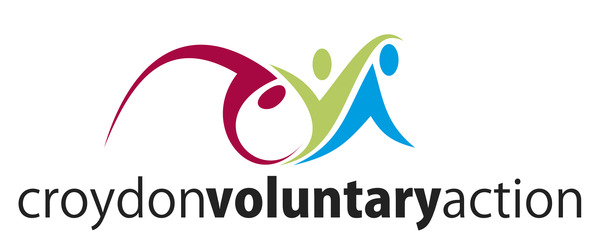So, your project seems to be going well. You may be able to bid for more money or extend it but people are looking for evidence that it works. What do you do now? It’s time to evaluate.Evaluation is a vital part of the research process. It enables you to measure your results against your intended project outcomes and demonstrate whether you are having a positive impact on your population. This could be presented in whether your project has delivered on value for money, if its worth repeating or scaling up, or what could be done differently next time.
Marcus Green, Analytics Director at Optum says, "Planning and carrying out your evaluation effectively are as important as the intervention you are delivering. One should not exist without the other. In this workshop, we will introduce a straightforward and practical approach to evaluating your intervention. With increasingly constrained resources, there has never been a better time to rapidly evaluate and know you're targeting your efforts to best effect for the populations you serve."
About the session
Led by Marcus Green, Optum, this network cafe will focus on practical insights and ways to evaluate your research. It will also cover:
- Key evaluation questions and design
- How to evaluate your research through data and measurement
- Best practice to analyse your collected data
- Ways to share your findings with an audience in ways that resonate and are impactful
Rather than a traditional lecture, this session will be an engaging discussion.Attendees will have the opportunity to learn from real-world examples and gain valuable knowledge that can be applied to their own research projects.About South West London Research Support NetworkThe South West London (SWL) Research Support Network, established by the NHS South West London Integrated Care System, is a collaborative initiative to empower local communities and voluntary organisations to conduct their own research.Through a series of relaxed network meetings, members can engage in mutual learning opportunities with a diverse group of researchers and community members. This informal setting encourages open dialogue and the sharing of ideas, making it easier to change insights into various research methodologies and best practices.In addition to exchanging knowledge with experienced community members and researchers, members will also have the chance to network with peers, which can lead to the formation of collaborative relationships and partnerships, that leverage the strengths and expertise of all involved.
